During the Fall Semester (Aug 25 - Dec 13) the Library and Learning Commons spaces are open:
| Day | Time |
|---|---|
| Monday to Thursday | 8am-7pm |
| Friday | 8am-4pm |
Closed weekends and holidays.
MCC Campus will be closed for Winter Recess Dec 24, 2025 - Jan 1, 2026
Please check the MCC website for weather delays and closures.
|
Call us at (603) 206-8150
|
|
|
Text Us at (351) 277-0090
|
|
| Make an appointment. | |
| Chat With Us | |
| Email Us | |
Citing sources in your research has several benefits.
Ask in the Library for help! You can also check the Purdue OWL site and other links in this guide for online help.
Quote: Taking a direct quote from someone else? Be sure to put quotation marks around their words and cite them!
Paraphrase: Restating another person's writing? Be sure to cite them!
Summarize: Summarizing someone else work? Be sure to cite them!
Data: Referencing someone else's research, findings, or data? Be sure to cite them!
Charts/Graphs: Including someone else's charts, graphs, or other visual aids? Be sure to cite them!
Facts: Generally, when information is not well known, is specialized knowledge, or is in dispute or might be subject to interpretation, a citation is warranted.
Websites: Cite websites, just as you would print sources.
Class Discussions: Be sure to give credit for the ideas someone else raised in a discussion.
Your Own Work: Cite your own work, just as you would a published source.
"You don't have to cite common knowledge. It's not always easy to know what will be considered common knowledge. You might think of common knowledge as information that can be found in a reputable general encyclopedia. (Example: George Washington was the first U.S. president.)"
—Middlebury Libraries
At MCC, depending on the course, you will be asked to use APA or MLA style for your research papers and projects. Each style has rules about how your paper and citations are formatted. Consult with your professor about which style is required.
Honesty is expected of all MCC students. In academic matters, this includes the submission of work that clearly indicates its source.
Copyright © Manchester Community College | 1066 Front Street, Manchester, NH
Phone: (603) 206-8150
